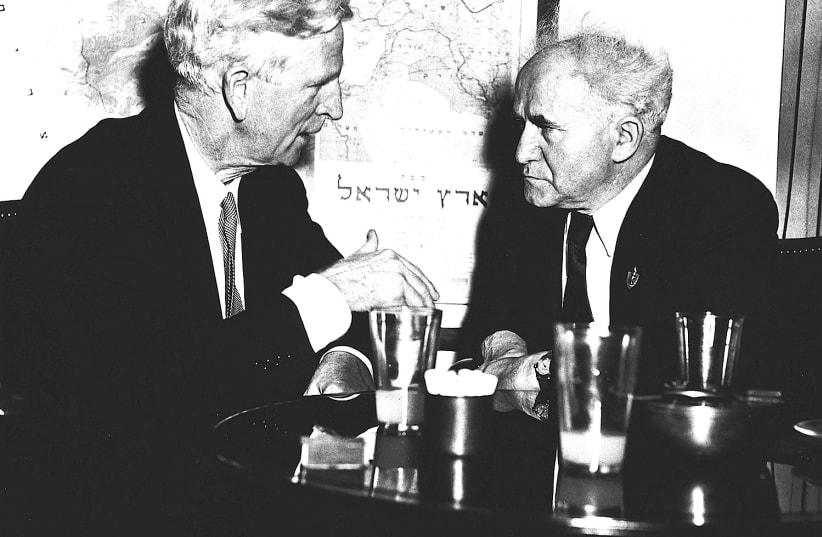Simon Rawidowicz vs. Ben-Gurion on the question of ‘Israel’
While Ben-Gurion’s belief that the Diaspora would disappear is undermined by existence of millions of Jews in countries outside Israel, Rawidowicz’s argument has suffered over the past six decades.
